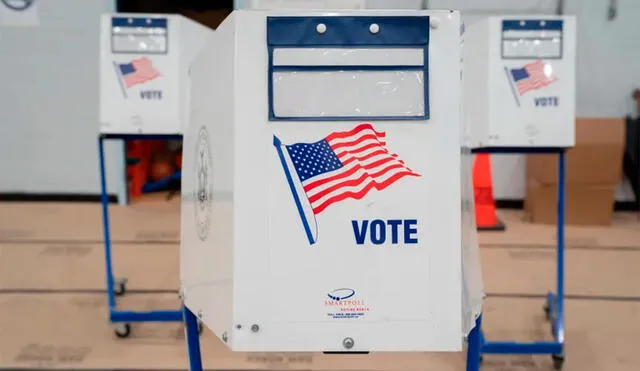New York's top court rules noncitizen voting in NYC elections unconstitutional
New York City’s bold move to grant noncitizens voting rights faces fierce legal battles and political opposition. Will this law reshape local democracy or be struck down in court?

A new legal debate has emerged in New York City over whether noncitizens should be allowed to vote in local elections. A controversial law, initially passed in 2021, aimed to grant voting rights to legal permanent residents and those with work permits, allowing them to participate in municipal elections. However, opponents argue that the law violates both state and federal constitutions, leading to legal challenges and intense political discussions.
Debate over noncitizen voting in NYC: Fair representation or threat to election integrity?
Supporters of the law believe it is a step toward fair representation for noncitizens who live, work, and pay taxes in the city. They argue that allowing them to vote in local elections fosters greater civic engagement and strengthens democracy. Many advocacy groups point out that noncitizens already have a significant impact on the city's economy and communities, making it reasonable for them to have a voice in local governance.
Opponents, including Republican lawmakers and some voter integrity groups, strongly oppose the measure, arguing that voting should remain a right exclusive to U.S. citizens. They claim that expanding voting rights to noncitizens could undermine the integrity of elections and set a dangerous precedent. Legal challenges have already been filed, and a court ruling could determine the future of noncitizen voting in New York City.
NYC noncitizen voting Law sparks legal battle and political divide
The legal battle over the law has created a political divide, with Democrats largely in favor and Republicans vehemently against it. Some city officials and legal experts suggest that the issue may ultimately be decided by higher courts. The controversy highlights broader national debates about immigration, voting rights, and citizenship in the United States.
While the future of the law remains uncertain, the discussion reflects the evolving nature of democracy and voting rights. If upheld, New York City would become the largest EE.UU municipality to allow noncitizens to vote, potentially influencing similar movements in other states. However, if struck down, it could reaffirm the traditional principle that voting is reserved solely for U.S. citizens.












